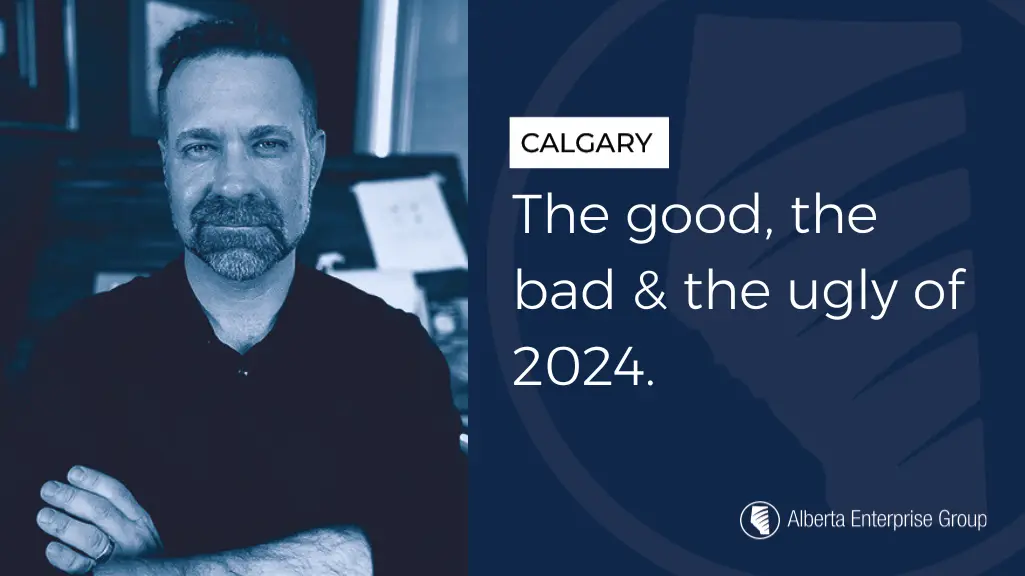Mark Carney, a former advisor to the previous Prime Minister, has emerged as the successor for Leadership with the Liberal Party, despite concerns over his “elitist” views and lack of experience in managing an economy during a global financial crisis. Carney’s policies appear to be a continuation of his predecessor’s, with no original ideas for stimulating the Canadian economy. The country’s economic challenges remain unaddressed, and Carney’s ability to negotiate with international leaders, such as President Trump, is uncertain.
In recent weeks, two major topics have dominated Canada’s economic conversation—tariffs and Canada’s new Prime Minister, Mark Carney. These issues are deeply connected, and with new leadership comes an opportunity for a fresh approach.
It’s easy to get caught up in the whirlwind of external forces—the looming U.S. tariffs, another 20% carbon tax hike on April 1st, and years of short-sighted policy decisions that have left Alberta more vulnerable than we should be. But dwelling on what we can’t change doesn’t move us forward. Instead, we should focus on what we can control—our businesses, our industries, and the policies we influence at home.
Crime and disorder are taking a toll on many local businesses. According to a recent Canadian Federation of Independent Business (CFIB) report, the share of Alberta small businesses directly affected by crime and safety issues almost doubled between 2023 and 2024, jumping from 24 to 54 per cent.
This time of the year I usually like to speculate on what may lie ahead for Alberta in 2025. However, Canada turned out to be ‘the neighbour who isn’t paying our share’ and everything got sidetracked by talk about the implementation of USA tariffs as high as 25 per cent on Canadian goods.
As Alberta businesses grapple with the dual pressures of evolving global trade policies and persistent interprovincial trade barriers, a balanced approach is essential to navigating this challenging terrain. With the incoming U.S. President placing tariffs back in the spotlight, and Canada still contending with barriers within its own borders, the time is ripe to explore the opportunities that lie within
these challenges.
At the end of each year, I try to encapsulate what I consider the three components of the past year into what was ‘good, bad and ugly’ for Canadians that year. This year I am having difficulty finding what was ‘good’ but have many ‘bad’ and ‘ugly’ categories. I find very little change in people’s actions regardless of a rapid falling of ‘feeling good things are on the near horizon for Canada’.
When people think of innovation, their minds often go to cutting-edge software, artificial intelligence or tech startups. While those advancements are undeniably transformative, Alberta is proving that innovation doesn’t just belong to Silicon Valley or the digital world. Instead, Alberta has positioned itself as a leader in non-traditional innovation—where creative solutions to real-world challenges drive economic growth, job creation, and community revitalization.
A history related publication that I read called ‘What If’ focuses on events that could have occurred in the past that would have changed the direction of the world or a country. Two that come to mind include ‘What if the U.S. had invaded Canada and we became the 46th state?’ And ‘What if communism hadn’t failed?
Alberta, with its wealth of natural resources, skilled workforce and strategic position within North America, is ripe for the establishment of a comprehensive Foreign Trade Zone (FTZ) that goes beyond logistics to encompass manufacturing, job creation and economic development.











